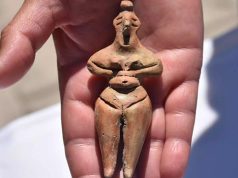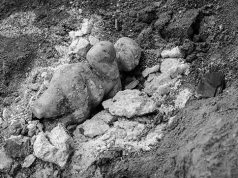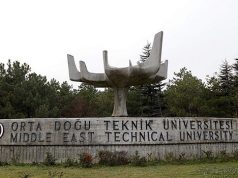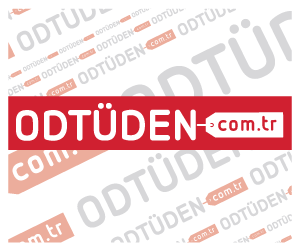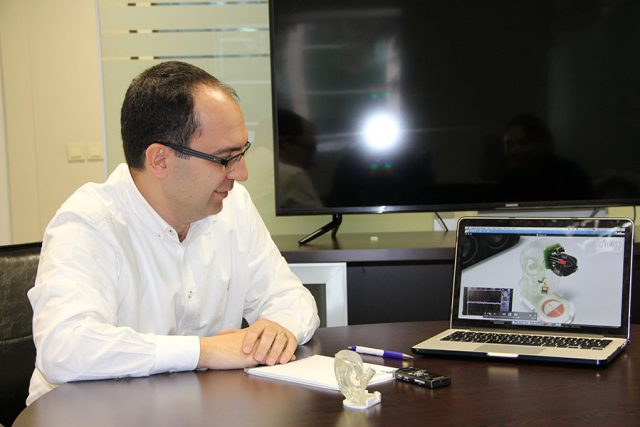
Prof. Dr. Haluk Külah and his team from the Department of Electrical and Electronics Engineering have been awarded the ERC support granted to METU for the first time by the European Research Council, which provides funds for original and innovative scientific research projects, for their“Cochlear Implant”(hearing device) project. The self-energizing cochlear implant project has been developed as a result of the work on bio-MEMS and energy generators.
In the project, which is basically a hearing device, an in-ear system collects energy and operates the cochlear implant by converting the incoming acoustic signal to electric energy. According to this system, “a person with a hearing disability will wear the headset at night and get a sound from a tone that he/she cannot hear through a mobile phone application, the battery will charge by that sound, and he/she will get up in the morning and continue using the device.
It has been suggested with this project, a very challenging but an applicable one, that the working principle of the current cochlear implant systems and everything in the cochlear implant technology would be drastically change and it would be a breakthrough for the technology, which contributed to receiving the ERC support.
The project, which received ERC support, a far-reaching and competitive organization that supports applicable projects to change the technology radically, aims to produce the device as a prototype and to conduct animal experiments within five years, and to have a commercial identity with a spinoff company in the longer run.
About Prof. Dr. Haluk Külah
Having graduated from the Electrical and Electronics Engineering Department in 1996, Prof Dr. Haluk Külah Dr. received his Master’s degree from the same department under the supervision of Tayfun Akın and left for University of Michigan in 1998. After working for six years in this university in MEMS field, he was back in METU. Since 2004, he has been developing research projects in the field of biomedicine rather than defense industry and focused on mainly two subjects, one is developing on-chip laboratory systems (for example, taking a human blood sample and sorting out cancer cells through systems that would count and measure them and making it possible to get early recognition in cancer), and the other is the systems producing energy through action on the chip (energy generators).



